"It Is the job of adults--parents, teachers, librarians--to make sure that a rich array of books is available for [teen readers] to choose from. Choice is the operative word--we would no more recommend giving Forever…, Judy Blume's pre-condom, pre-AIDS classic of first love and sex, to a teen reader than we would endorse keeping it from her. A huge part of the pleasure of reading is picking out books for yourself, especially books that speak to a place inside you that you're currently keeping under wraps."
Really? That's my job--to provide "a rich array of books" for my teens to choose from (including, apparently, those which contain graphic sex scenes)? Now, let's think about that statement for a minute, putting sexual and other mature content aside for the moment. I'm not saying I disagree or agree with it. I'm just saying it's a pretty big claim to make about the role of parenthood. There is no question that providing a rich array of books to teens is the job of a librarian or an English teacher. In fact, it is their job in the most literal sense. They're paid to open up the world of books to teens and invite them in to explore its vast riches. But whether it is my job as a parent is another matter altogether, and I'm not immediately convinced that it is.
I am and have always been a booklover. Not only was I an early and avid reader, not only have my main interests in life centered around stories, and not only did I go into literary professions (bookseller, teacher, writer), I have pushed literature onto my children from the time they were born. I began with Tana Hoban's Black and White board book, graduated to nursery rhymes and fairy tales, and introduced my favorite chapter books as soon as they could handle pictureless pages. I am a parent and teacher naturally inclined to provide a rich array of books to my kids, though I do impose some limits on what they can choose. And here I am today, running a website devoted to teen readers.
About this I have no regrets; yet, I'm not so sure it is my "job." Throughout human history parents and communities have passed on their society's stories to their children, who in turn passed them down to their children. These children heard myths, history, songs, proverbs, folktales, holy writings, and poetry, the equivalent, I suppose, of providing that rich array of books that Sutton describes in the quote above. In a very real sense it was the job of parents to pass this lore down, because it was an essential means of preserving their culture (religion, too, perhaps) and establishing their children's sense of identity as part of that culture. But today, things are different, and Sutton is not referring to this cultural preservation when he calls parents to open up the world of literature to their teens. He seems to be saying that parents have the responsibility to make sure that our kids have complete access to all kinds of ideas, philosophies, lifestyles, experiences, and perspectives through the powerful and entertaining medium of story.
Maybe I'm misunderstanding him, but I guess I don't really see this as my job. My job, first and foremost, is to raise my children in accordance with the values and beliefs I believe to be of primary importance. My job is to fulfill the duties God has given me to keep them healthy (and growing) in spirit, heart, and mind and to prepare them for adulthood. In order to do that, I cannot give them complete access to the literary world before adulthood. That would work against the values and beliefs I am trying to pass on to them. Maybe other parents see giving free access as essential, because it coincides with their values and beliefs. But for me and for many other parents I know, giving this level of freedom to our teens would be unwise and possibly harmful, a shirking of our God-given duties. If the experts want to shake their fingers at me, then I guess they can.
The prevailing view they espouse chides parents if they are too restrictive with literature--or rather, restrictive in any way. The prevailing view calls parents to let go and let teens find their way through the literary landscape without any guideposts. The prevailing view claims that books have little power over teens, that teens are not so impressionable that they cannot control how books impact them, that books are nothing but ideas that teens can take or leave as they choose. But none of this feels right to me. In fact, I have good reason to disagree, which perhaps should be the topic of another post. So, until I'm convinced otherwise, I'll continue to swim upstream. In my view the stakes are just too high to do otherwise.
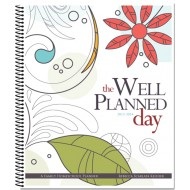
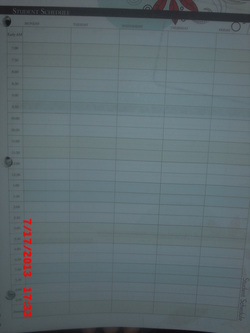
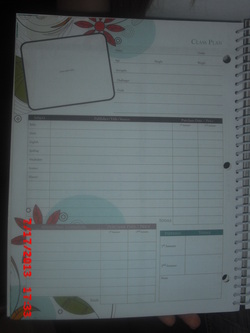
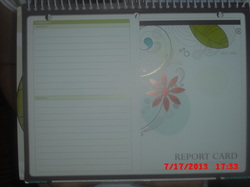
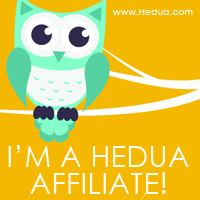
 RSS Feed
RSS Feed
